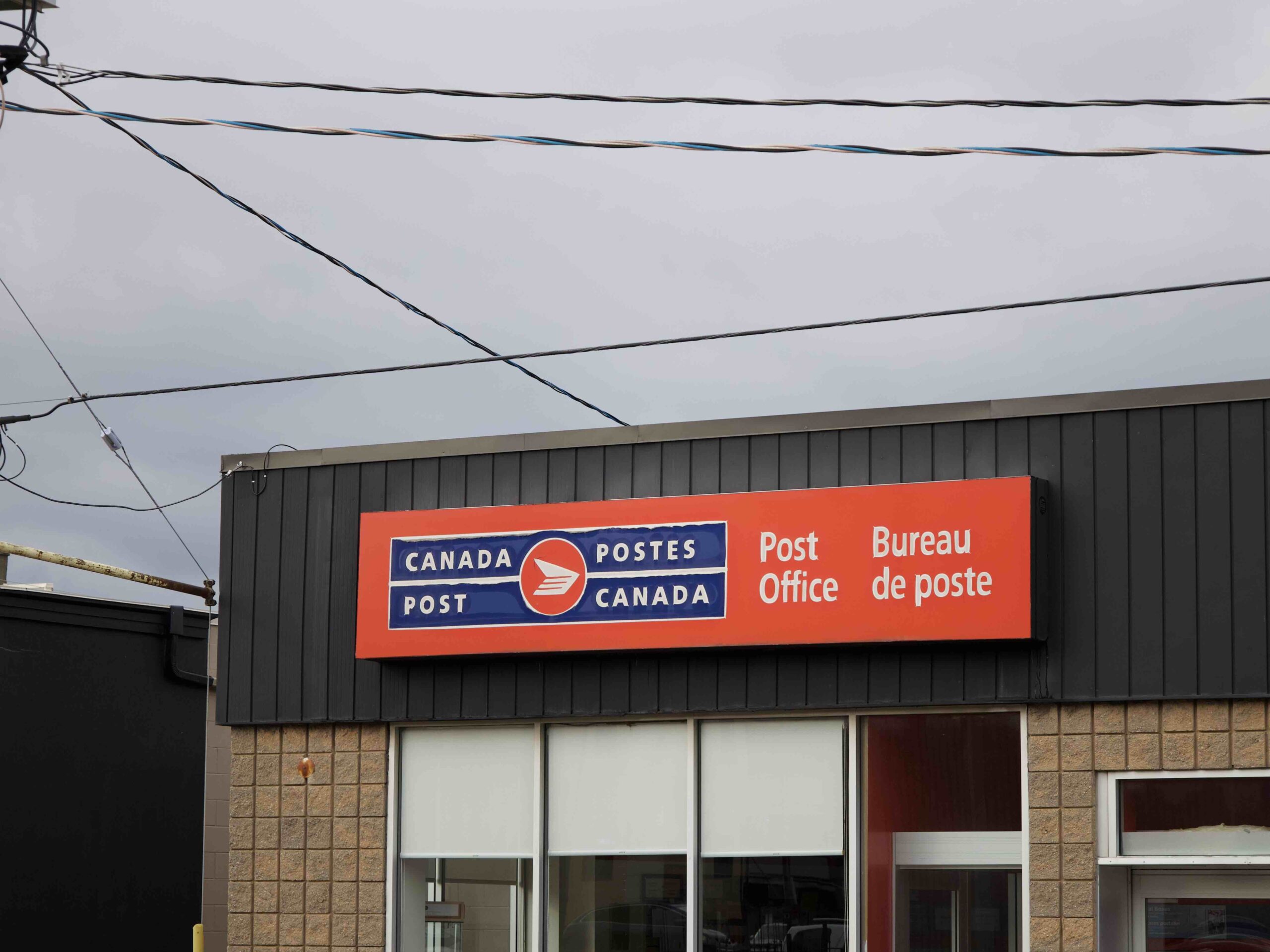Canada Post employees will continue to strike as agreements with their employer have yet to be reached.
On Nov. 15, the Canadian Union of Postal Workers (CUPW) released a statement saying 55,000 Canada Post employees would begin a strike in the efforts to reach an agreement with the postal service over outstanding demands.
According to the statement, employees are seeking “fair wages, safe working conditions, the right to retire with dignity and the expansion of services at the public post office.”
The statement says that CUPW bargained with Canada Post for a year over these issues, which brought “little progress” amidst threats of altered working conditions and layoffs.
Canada Post said they have offered “wage increases totalling 11.5 per cent over four years,” more paid leave, increased job security and more part-time jobs if they were to make weekends working days.
However, CUPW said they are aiming for Canada Post to adopt a “cumulative wage hike of 24 per cent over four years” and to provide full-time workers with the option to work on the weekends, but only if they so choose.
Vice President of Canada Post Jon Hamilton told Global News that the postal service values their employees and pays them well but said that Canada Post can only do so much for their employees.
“Mail has been declining for 20 years and our parcel business has been going in that same direction the last few years, so we need to grow the business… but adding more fixed costs to the postal system is only going to put us out of the competitive game,” Hamilton said.
Hamilton’s statements are evident in Canada Post’s recent business losses. Amidst the widespread strikes, the postal service reported to have lost $315 million in the third quarter of 2024, saying that a “competitive and demanding” market for parcel delivery is to blame.
Yet many Canadians have pointed to the fact that Canada Post is a crown corporation, so they do not need to be in a surplus. As a nationalized business, Canada Post is able to conduct their labour even when experiencing a loss to ensure that shipping is widely accessible within Canada.
The strike is not just impacting Canada Post, but also Canadians who rely on its services.
Small business owners — especially those selling from online stores — are anticipating great impacts to their operations if the strike continues without a resolution.
Many small business owners say that the strike has forced them to ship using private couriers, making things more costly for both themselves and customers. Resorting to a private courier can also mean deterring customers from purchasing their products because of higher shipping costs, leading to an overall loss of income.
The Canadian Federation of Independent Business has called for state intervention in the Canada Post strikes, sending a letter to the federal government saying that continuation of the strike will not do any good for the postal service or its customers.
Dan Kelly, the President of the Canadian Federation of Independent Business, said that the strike taking place weeks before the holidays is not ideal and could increase the damages done to several Canadian businesses.
“For retailers, for example, the six weeks leading up to Christmas can represent 25 per cent to 40 per cent of their annual sales,” Kelly said.
Despite backlash from the fallout of the ongoing strike, CUPW says their choice to strike was a “difficult decision” and “a last resort,” but reiterated that issuing fair collective agreements is possible as long as Canada Post attends to the concerns of their employees.

